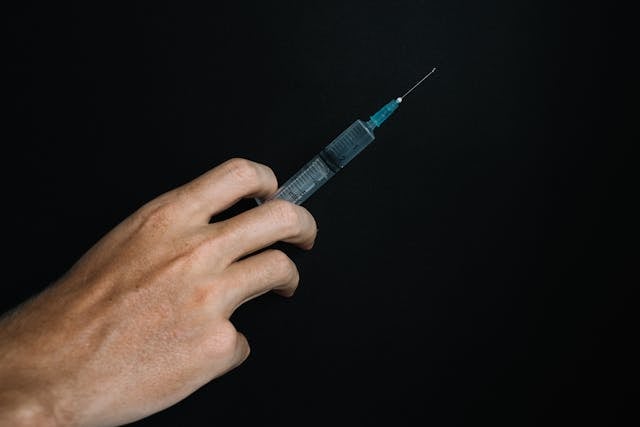Researchers at the Duke Human Vaccine Institute have achieved a significant breakthrough in HIV vaccine development. In a small clinical trial, their experimental vaccine successfully stimulated the production of potent antibodies capable of neutralizing various HIV strains. The study published in Cell demonstrates for the first time that vaccination alone can induce broadly neutralizing antibodies, which are crucial for combating HIV.
Neutralizing antibodies target different HIV parts
Barton F. Haynes, M.D., director of the Duke Human Vaccine Institute, emphasizes that this breakthrough proves it is possible to generate these antibodies through immunization. The next objective is to produce even stronger neutralizing antibodies targeting different parts of HIV to prevent the virus from escaping. Haynes stresses that although challenges remain, the path forward is now clearer.
These antibodies are unique due to their ability to counteract HIV’s rapid mutation and evasion tactics. HIV constantly changes its outer coating during replication, making it difficult for the immune system’s antibodies to recognize and neutralize it. Typically, HIV antibodies are only effective against a single strain of the virus.
Broadly neutralizing antibodies focus on a stable region of HIV’s outer envelope, allowing them to neutralize various HIV strains. This stability makes them crucial for developing an effective HIV vaccine.
New vaccine stimulated antibody production immune cells and pathways
In a phase 1 clinical trial, an experimental HIV vaccine targeting the stable membrane proximal external region (MPER) on HIV’s outer coat was tested on 20 participants. After two doses, several participants developed broadly neutralizing antibodies against HIV strains.
Lead author Dr. Wilton Williams from Duke’s Department of Surgery and DHVI noted that generating such antibodies usually takes years post-infection, but the vaccine was able to produce them within weeks.
The vaccine effectively stimulated vital immune cells and pathways for antibody production. These cells maintained adaptability, crucial for tackling the mutating virus, a significant challenge in past HIV vaccine efforts. Further enhancements are needed to bolster antibody response and address more viral components, but initial findings are promising for researchers.
Dr. Haynes suggests that an effective HIV vaccine may need three components targeting different viral regions.


